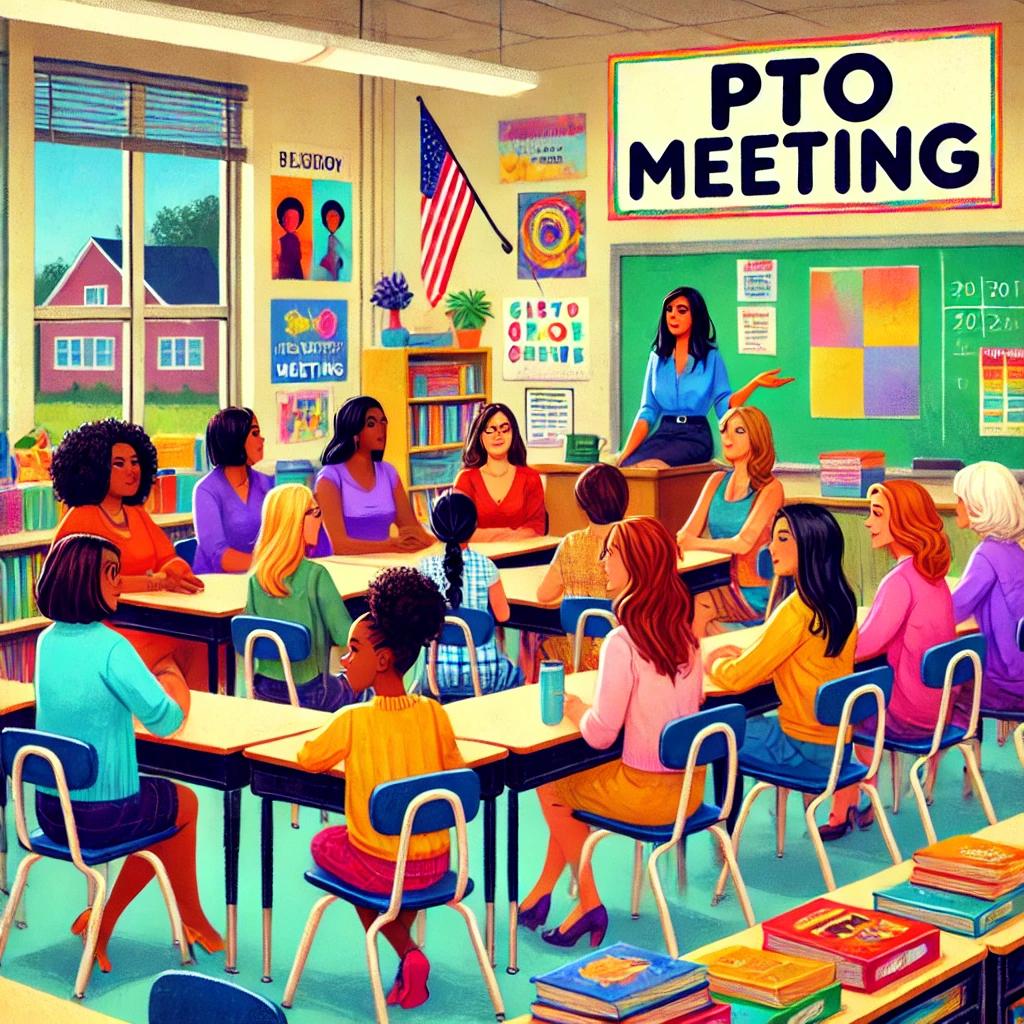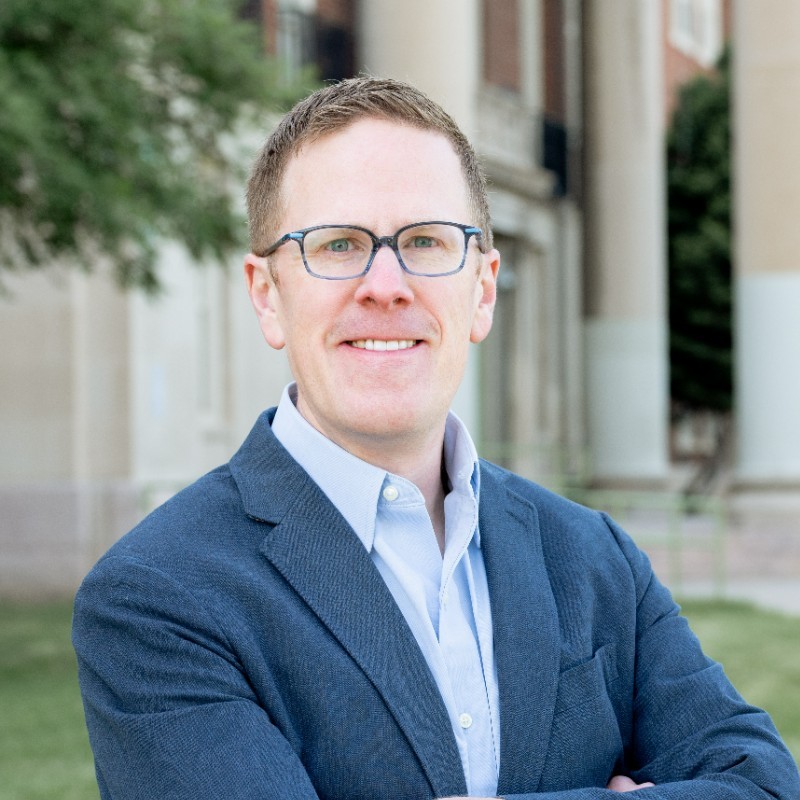Editor’s note: This is the September contribution from Boardhawk columnist Alexis Menocal Harrigan.
A couple of weeks ago, I sat in a warm and welcoming library at my children’s school to attend a PTO meeting.
The meeting was well organized, the committee chairs gave succinct updates, and members were encouraged to volunteer and get families involved in upcoming activities. The volunteer group has done a nice job of balancing support for students, families, and educators.
I walked away with three thoughts; first, mom guilt – I should be more involved; second, I am lucky to be part of a vibrant and fun school community; and third, where are the men?
There were a little over 40 people in the crowded library. Two were men and one of those was the assistant principal. I think it’s safe to assume that most PTO meetings across DPS have similar gender imbalances.
There isn’t readily available information about the percentage of men in PTOs or PTAs. However a 2009 survey revealed men made up 10 percent of the national PTA membership.
Beyond the PTO, I often see women representing the majority in other roles as volunteers in classrooms and school events.
Societal norms
Historically, caregiving and education roles have been gendered as “women’s work.” Eighty-nine percent of elementary school teachers are women, and in straight-parent households, women often end up as the default parent.
In my own family, my husband was a stay-at-home dad for a couple of years when our kids were younger. Despite listing him as the primary contact with our school and pediatrician’s office, I would often be the first call when something needed to be taken care of regarding our children.
Women as default parents, and the gender imbalance of women being over-represented in school engagement activities are indicative of a larger systemic failure in how we view the role of men and women in education, child care, and parenting. This isn’t simply a PTO issue.
Women are more likely to volunteer in classrooms and chaperone on field trips. (I strongly believe chaperoning a school field trip is the gateway drug to the PTO, so beware. This is how they got me despite years of abstaining from the PTO.)
Why does this matter?
This matters not only because women are carrying heavier loads in school engagement, but also because of the impact on student outcomes. Many studies show a linkage between fathers’ school involvement and their children’s higher academic achievement, better social regulation, and emotional well-being.
So what can we do to get dads and other male role models more involved in school activities? I posed this question to one of the PTO moms. She had a funny but brilliant idea, which was a program targeted at dads combining the word dudes with our school’s name. So, I will take her idea out of our specific school context and propose it as a concept for PTOs to consider broadly.
Allow me to introduce you to “Dudes in Ed.”
Dudes in Education
Dudes in Ed could be a program grounded in Targeted Universalism that PTOs incorporate to get men more involved in their kids’ school activities.
Targeted Universalism is an approach to solving a universal goal (in this case, improving student experiences in schools), recognizing that targeted strategies are needed for different groups based on their unique circumstances (in this case- dads and other men involved in kids’ lives).
Shout out to dude Bill de la Cruz who first introduced me to this concept while I was a DPS employee. He led diversity and inclusion training for the district. It is an approach I now use often in my work.
I like the word “dude” because while traditionally used to describe a certain type of laid-back white man, it has now become gender-neutral in casual speech. Many of my texts to my girlfriends start with “dude….” followed by whatever hot take I am about to dump on them.
In my humble opinion, “dude” is the gender-inclusive version of “bruh” or “gurl”. Basically, dude is welcoming and inclusive language, whereas the term “PTO” may trigger biased associations in the male brain.
You could get “dude ambassadors” to ask other dudes to be involved in activities for dudes by dudes. It isn’t enough to just ask more men to join PTOs (see my husband as exhibit A). The messaging must be tailored for them, the activities should be male-oriented, and the invitations to get involved should come from their peers.
The program should normalize male role models and male involvement in school activities and volunteerism.
I will refrain from stereotyping men by proposing what type of activities will resonate most with them. I’ll leave that work to the dudes.




